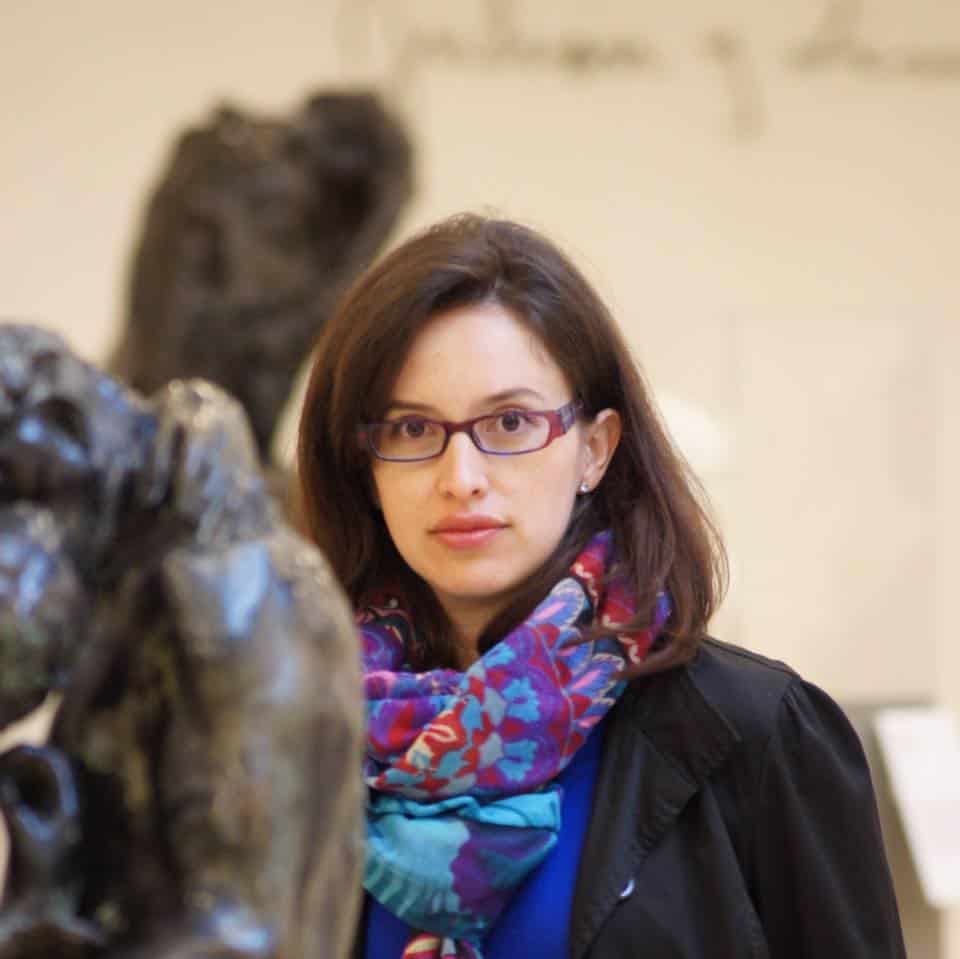The following article is part of our ‘Ethics in Practice’ series in partnership with Internews Europe about reporting on Covid-19
By Victoria Dangond
La Guajira is an arid department with scarce resources in the extreme north of Colombia, on the border with Venezuela. In this region, particularly affected by Covid-19, national and international politics converge in response to Venezuelan migration and there is a strong presence of humanitarian organizations.
La Guajira is also home to more than half a million members of the Wayuu indigenous community, whose voices have been silenced while their traditions have been particularly affected by the pandemic. This situation has highlighted the sometimes conflicting principles of independence, accuracy, and impartiality for Wayuu journalists and communicators.
During the national five-month Covid-19 lockdown, the Colombian government focused on implementing “one size fits all” health policies which lacked adaptive emergency policies for minorities. Meanwhile, traditional media focused on replicating government statements, leaving out alternative community voices or information and facts that came from the community itself. This echoes the approach of some humanitarian organizations in La Guajira who, to provide basic resources such as food, medicine, and shelter, resort to communication that prioritizes immediacy, but foregoes any dialogue with those community voices that could help them communicate their efforts more effectively and in turn help them reach more people.
It is in this context of “parachute-type information” that Internews has made an effort to include independence as a component of the informational ecosystem of La Guajira, by highlighting the voices and language of the Wayuu community, without neglecting the principles of truth, accuracy, and impartiality in journalism.
One of the main challenges of working with Wayuu journalists and communicators was reconciling traditional indigenous values and the country’s policies in response to Covid-19. A particular accusation made by Wayuu communicators was that the cremation measure for corpses that tested positive for Covid-19 violated the cultural rights of the Wayuu people.
The government measure, while seeking to provide relief to health services and avoid contagions on a national scale, did not consider the Wayuu traditions towards death. In many cases, cremations of bodies that tested negative for Covid-19 were also reported. For the Wayuu, the transfer and burial of a member of their community to their ancestral territory is an essential rite. This rite, in turn, includes a first and a second wake and burial (“Alapajiraa saü jiipu”) attended by many members of the community. Cremation, from the Wayuu cosmology, is equivalent to the forced disappearance of a community member.
“What we want is for the “arijuna” (non-Wayuu), for the government, to respect our pain, respect our Wayuu traditions, respect our customs. (…) We couldn’t even hold a wake for my sister, like she had done something wrong in her life”, said Andrés Hernandez of the Epieyu clan.
The self-determination of indigenous peoples is a right enshrined in Colombian law; not denouncing actions that are detrimental to that self-determination would be self-censorship on the part of the Wayuu communicators; but what would happen then to the massive congregations of wakes? Would reporting cremations promote situations where community members are exposed to contagion?
Aware of the importance of finding common ground, and as part of the project with Internews, the Wayuu Communicator’s Network (Red de Comunicadores del Pueblo Wayuu – “Pütchimaajana”) sought out dialogue spaces that would provide them with key information for the community. Wayuu journalists and communicators, and representatives of the Colombian Epidemiology network held an online meeting to address doubts and find solutions that are both safe and respectful of traditional values.
The Network also consulted Wayuu historians to shed light on what the community had done in the past under similar circumstances. The conversation revolved around the dissemination of accurate information, biosecurity protocols in a region where access to water is very limited, and the use and effectiveness of traditional medicine when treating the virus. The discussion with Wayuu historians also gave insight on how in the past, during war and even in colonial times, the Wayuu people postponed the second burial up to a couple of years to avoid putting the community at risk.
The Wayuu Communicator’s Network, in collaboration with Internews, will continue to produce and disseminate verified and relevant information among indigenous communities on practices and behaviours to fight the Covid-19 pandemic and open its platforms to relevant debates for the Wayuu community, that otherwise might go unnoticed. For, until there is a vaccine, accurate and timely information, in languages that people understand, is our best defence against Covid-19.
“Wayuu society has kept practices that allow us to resist challenges such as the one we currently face (…). I want to recommend to my Wayuu brothers and sisters that, during this pandemic, burials should be done as soon as possible, without crowds, as is usually done during wartime. The second burial can be postponed, they can wait several years and do it with the proper planning, following our traditions,” says Weildler Guerra, Wayuu historian and anthropologist.
Main image shows Wayuu community members social distancing in a traditional Wayuu cemetery in the Meratchon community in Manaure, La Guajira – Colombia. The image was taken by Ms. Olimpia Palmar, member of the Red de Comunicadores del Pueblo Wayuu – “Pütchimaajana” and is used with permission.
Author Photo

Author Profile
Victoria Dangond is the Program Officer for Internews in Colombia. She is a journalist and communication strategist with an interest in media representation of vulnerable communities. For the past ten years she has been working in the design and implementation of development projects with a communicative approach, non-profit and volunteer engagement, and content production in the non-governmental and corporate sectors in Colombia, Peru, and the United States.